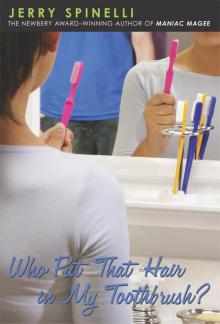 Who Put That Hair in My Toothbrush?
Who Put That Hair in My Toothbrush?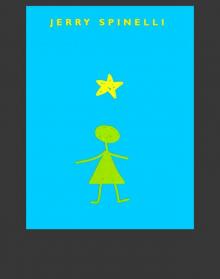 Stargirl
Stargirl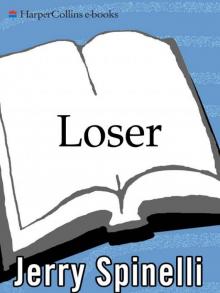 Loser
Loser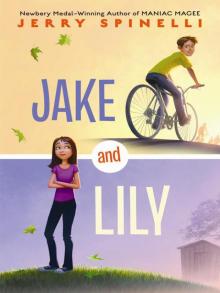 Jake and Lily
Jake and Lily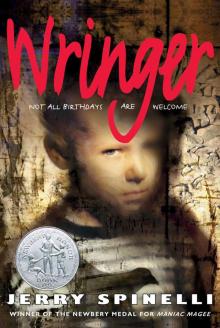 Wringer
Wringer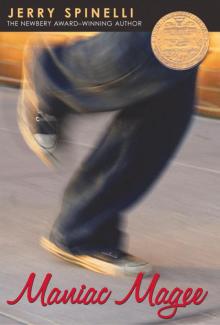 Maniac Magee
Maniac Magee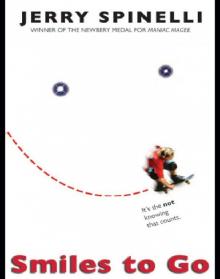 Smiles to Go
Smiles to Go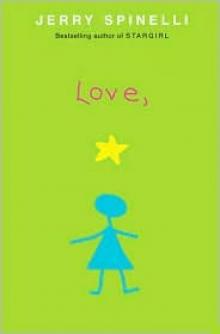 Love, Stargirl
Love, Stargirl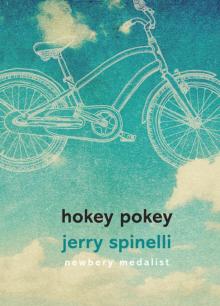 Hokey Pokey
Hokey Pokey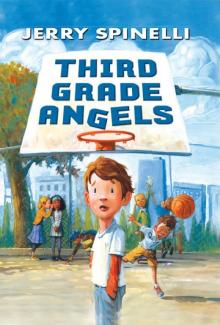 Third Grade Angels
Third Grade Angels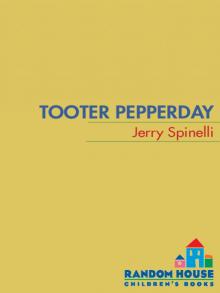 Tooter Pepperday: A Tooter Tale
Tooter Pepperday: A Tooter Tale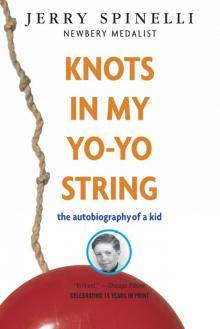 Knots in My Yo-Yo String Knots in My Yo-Yo String
Knots in My Yo-Yo String Knots in My Yo-Yo String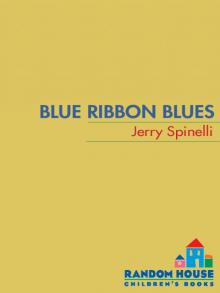 Blue Ribbon Blues: A Tooter Tale
Blue Ribbon Blues: A Tooter Tale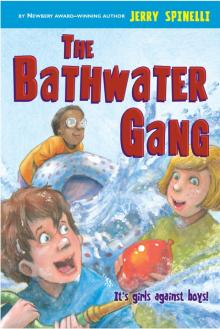 The Bathwater Gang
The Bathwater Gang Crash
Crash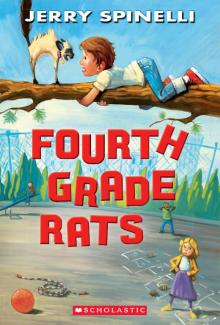 Fourth Grade Rats
Fourth Grade Rats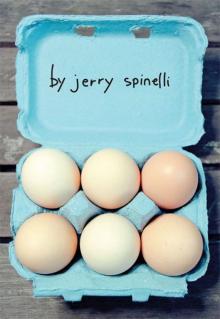 Eggs
Eggs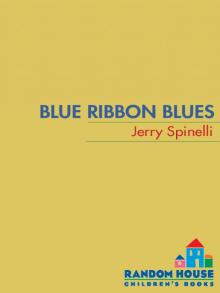 Blue Ribbon Blues
Blue Ribbon Blues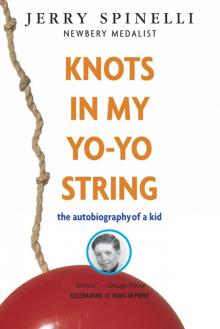 Knots in My Yo-Yo String
Knots in My Yo-Yo String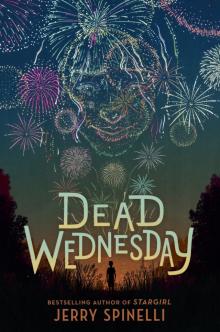 Dead Wednesday
Dead Wednesday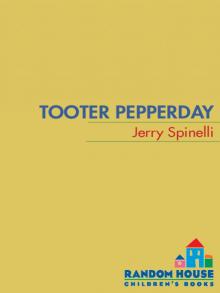 Tooter Pepperday
Tooter Pepperday